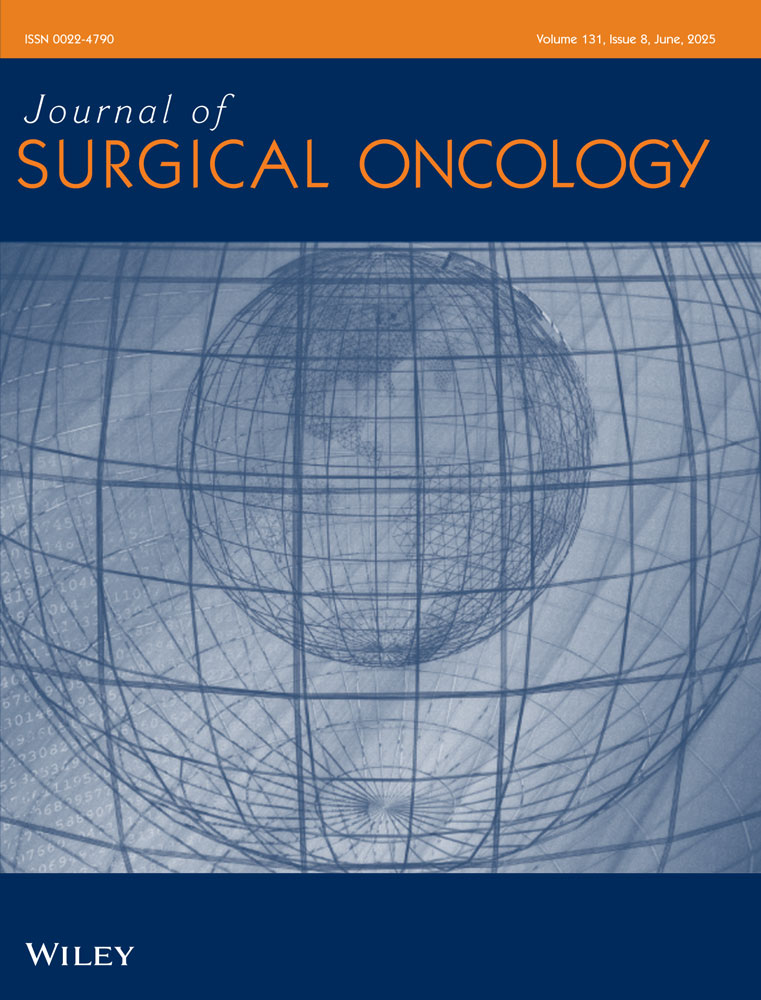Sarcomatoid differentiation as a prognostic factor for immunotherapy in metastatic renal cell carcinoma
Abstract
Background
The objective of the current study was to determine the significance of sarcomatoid differentiation as a prognostic factor for immunotherapy in metastatic renal cell carcinoma (RCC).
Methods
Patients with metastatic RCC were included in this study and were categorized according to sarcomatoid differentiation.
Results
Patients with sarcomatoid differentiation had more aggressive tumor characteristics than those without sarcomatoid differentiation. After immunotherapy, the median progression-free survival was 9.0 months (95% confidence interval [CI] 1.4–52.7) for patient without sarcomatoid differentiation and 3.2 months (95% CI 0.4–42.9) for patients with sarcomatoid differentiation, respectively (P = 0.0001). The median overall survival was 22.2 months (95% CI 3.2–75.4) and 10.0 months (95% CI 0.7–60.1) in both groups. When comparing patients with sarcomatoid differentiation, there was no significant difference of overall survival in the immunotherapy group and the no immunotherapy group. Multivariate Cox proportional hazards model analysis showed that T stage (Hazard ratio [HR] 1.71; 95% CI 1.07–2.74; P = 0.024), sarcomatoid differentiation (HR 2.18; 95% CI 1.30–3.66; P = 0.003), and the number of metastasis sites (HR 1.81; 95% CI 1.14–2.88; P = 0.012) were independent predictors of progression-free survival. Sarcomatoid differentiation and the number of metastasis sites were independent prognostic predictors of overall survival. The estimated relative risks of sarcomatoid differentiation and the number of metastasis sites were 2.83 (95% CI 1.49–5.40; P = 0.002) and 2.31 (95% CI 1.29–4.16; P = 0.005), respectively.
Conclusions
Our findings suggest that sarcomatoid differentiation is an important prognostic factor for immunotherapy in metastatic RCC. J. Surg. Oncol. © 2006 Wiley-Liss, Inc.




